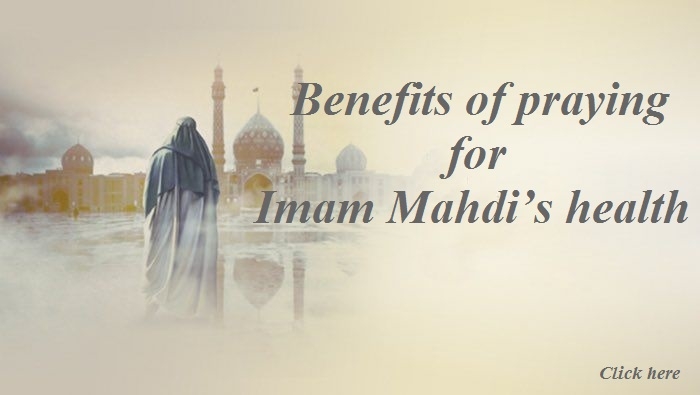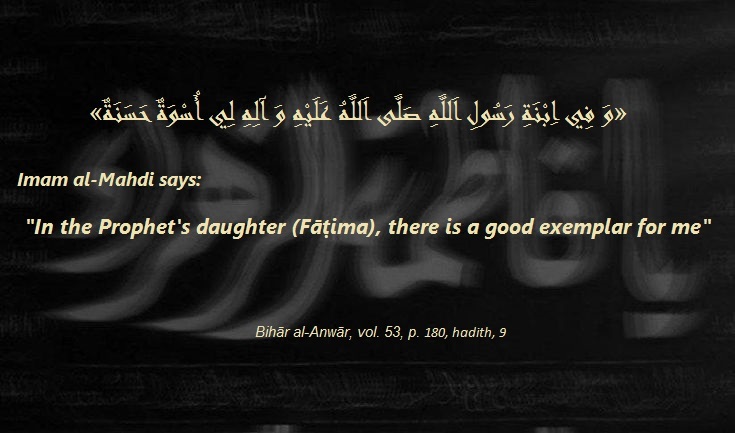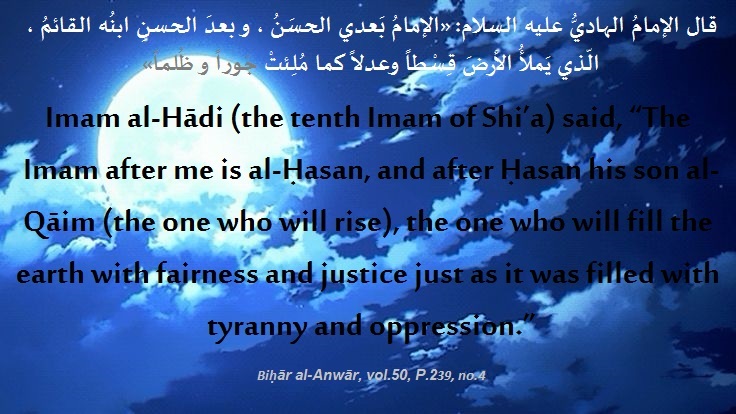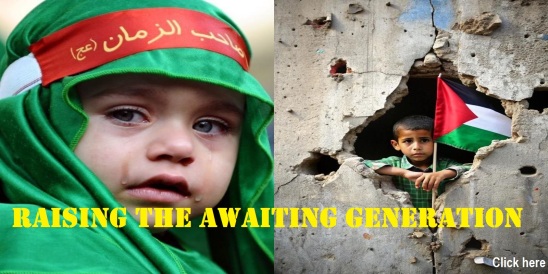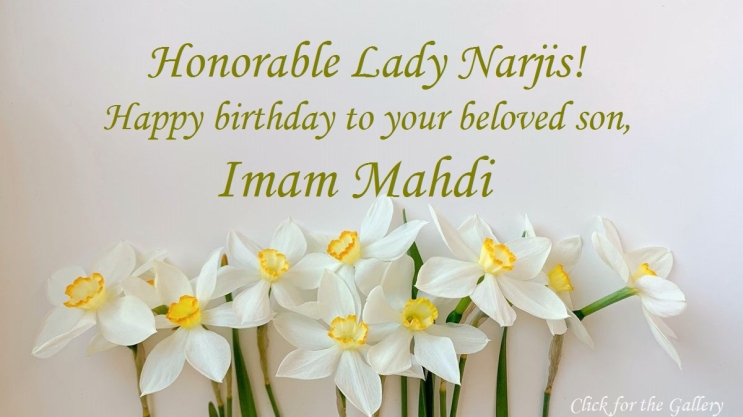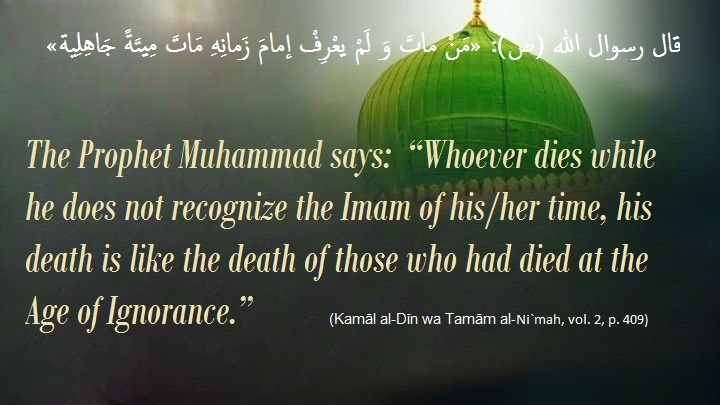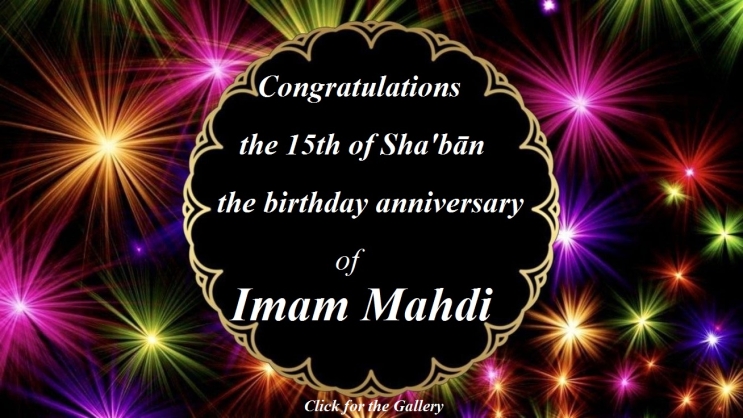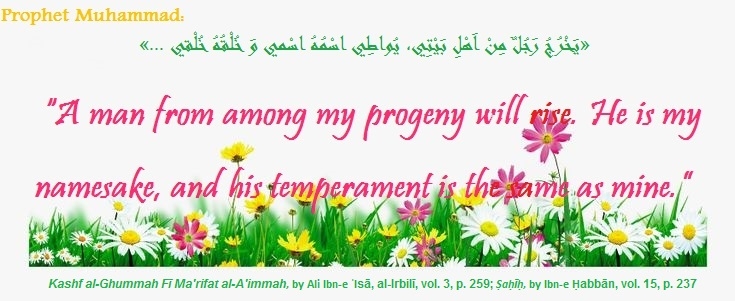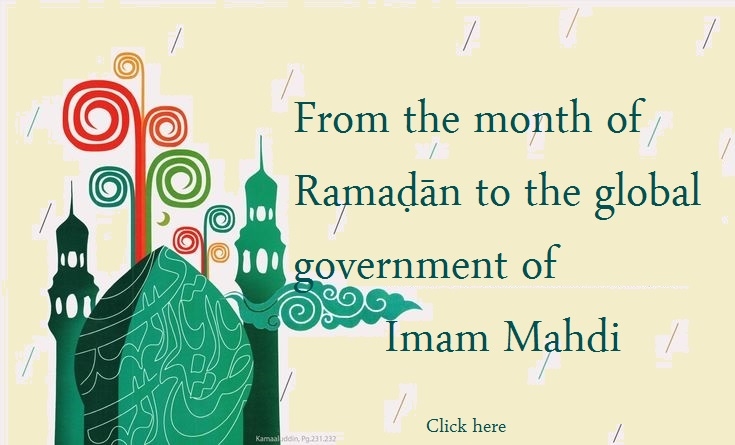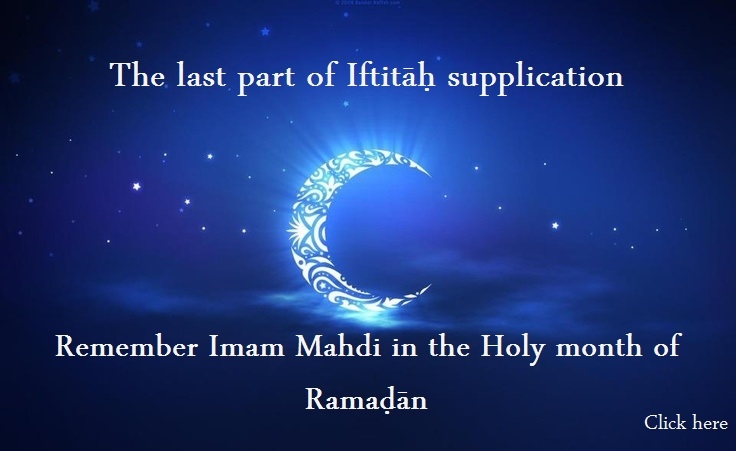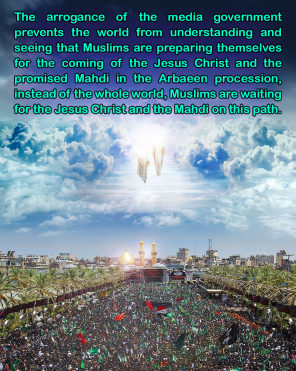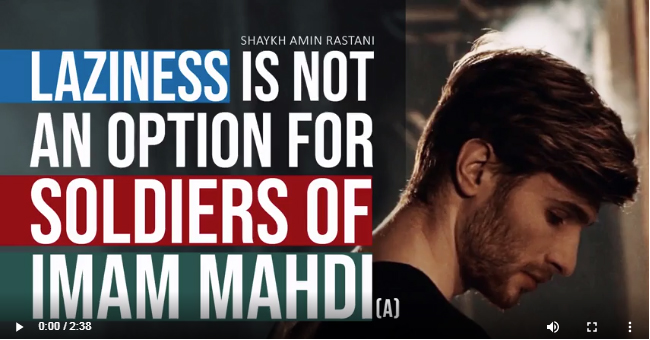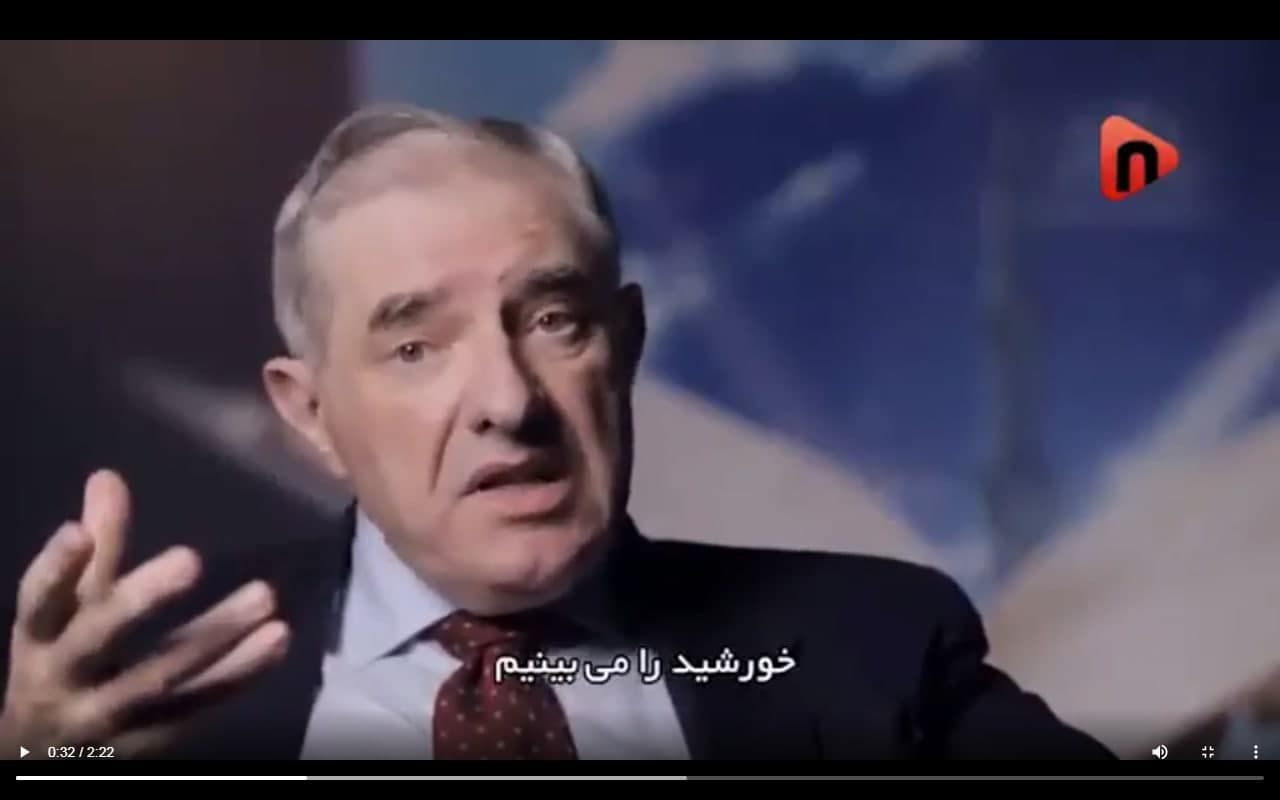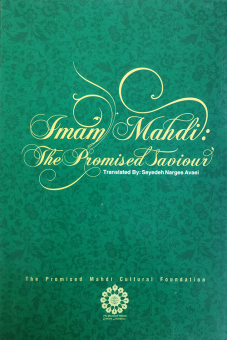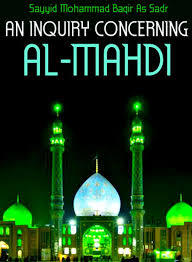

Descent (Re-appearance) of Jesus Christ
Muslims, following the Quran, consider Jesus the son of Mary as a pious and worthy servant of the Almighty God and one of His Prophets, because God has repeatedly praised his purity and high rank, and mentioned him with total honor and respect. (The Quran, 19:30-34) But what has made the connection between that noble Prophet and Mahdism is that by God’s will and in order to strengthen the global movement of Imam Mahdi, Prophet Jesus will descend from the heavens. As a decisive belief, Shiˈa believes that the re-appearance of Prophet Jesus will occur just before the Promised Mahdi’s rising. This significant incident is one of the most amazing events and the most glorious proof of the rightfulness of Imam Mahdi. The wisdom behind the descent of Jesus Christ at this time is to strengthen the global movement of Imam Mahdi and acknowledge his truthfulness, especially the fact that Prophet Jesus will follow the Imam in the "Congregational Prayer", thereby confirming and declaring the superiority and priority of Imam Mahdi.
The simultaneity of the appearance of these two prominent divine characters at the End of the Time probably raises the question: “Which one is then the true Promised Saviour?” In response, it should be said that the name, titles, lineage, and even some of the physical traits and personality characteristics of the Promised Saviour are clearly defined in numerous authentic Hadiths, and there is no doubt about its conformance with Imam Mahdi. Also, with a glance at the Christian sources, the following can be deduced:
First, almost all contemporary scholars are unanimous in that Prophet Jesus has never ever claimed to be a "Messiah" and has not introduced himself as the Promised Saviour; (See: An Introduction to Christianity, by Mary Jo Weaver) such a claim has only been made by his disciples.
Second, the Gospels’ account of Jesus never reminds us of the "Mighty Ruler" the Jews have long been waiting for. He has not made any attempt to establish a government, and no political theory is evident in his words and teachings. According to the Gospels, Prophet Jesus has not based his redemption hypothesis on the foundation of a governmental institution or a social theory; so no clear social function can be considered for him.
Third, the Gospel speaks of a person with the title "Son of Man" who cannot be exactly adapted to Jesus Christ; rather the privileged attributes of the Son of Man place him in a higher position than Jesus. According to Hawks, the term "Son of Man" is mentioned eighty times in the Bible and its attachments, only thirty of which correspond to Jesus. (See: Persian Bible Dictionary, by James Hawks, p. 219)
In numerous cases, the words of Jesus often imply that the Son of Man is someone other than him. (See: Luke, 12:35-40)
Overall, we can say that Imam Mahdi and Prophet Jesus are two different individuals and two real personalities who will play a key role in fulfilling the Divine Promise at the End of the Time. Jesus will follow Imam Mahdi, and will declare that the Mahdi is the true successor of Prophet Muhammad and his descendants. In this way, a large group of the People of the Book (i.e. Christians and Jews) will join Islam. Indeed, Jesus, like a trusted Vizier, will accompany and help the Promised Mahdi in establishing the promised benevolent global government.
Considering the common goals of Imam Mahdi and Prophet Jesus in establishing the divine government, enforcing the religious rules throughout the world, punishing criminals and completely cleansing the Earth of all evils, destroying the Anti-Christ, filling the world with abiding justice, and establishing the rule of the righteous and the oppressed people in the world, one can conclude that the "The Godly Kingdom of Messiah" that Jesus preached and asked his apostles to proclaim and other people to be prepared to achieve it is the very "Noble Government" of Imam Mahdi. (See: Matthew 24&25)
Source: The Promised Mahdi (in the view of Shi’a), by Hamid Sa’adat







